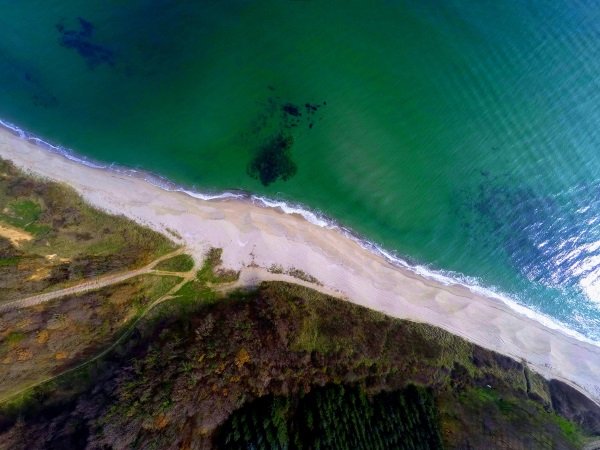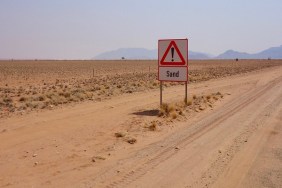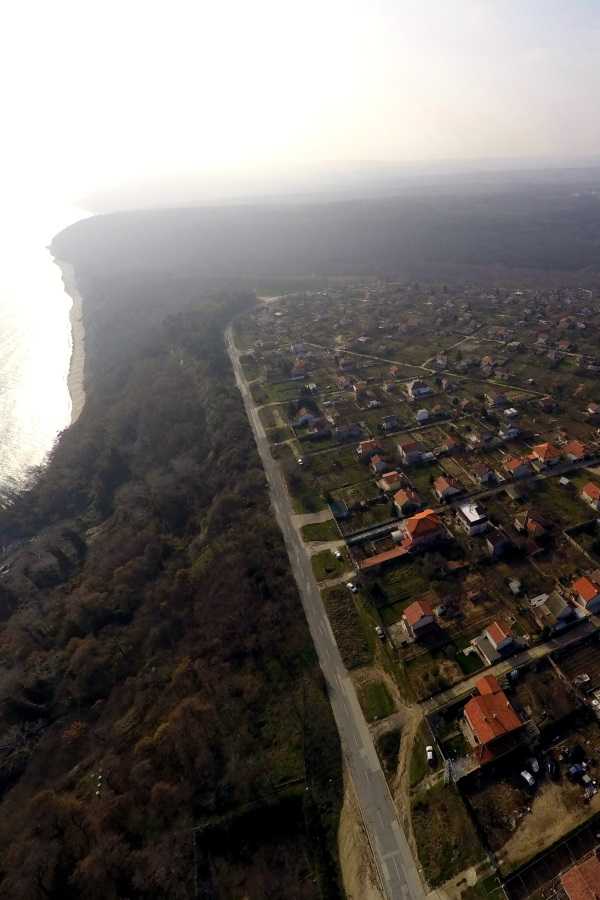
Some of these issues were political, while others – especially to Bulgarians – took on an environmental cast. In the latter respect, protests against the South Stream pipeline show similar impetus to ongoing resistance against the Keystone XL Pipeline in the United States and Canada. One major difference, however, was the prominent role taken by Russian President Vladimir Putin – a role that gave the entire project the air of an economic influence tool during a time when the Russian leader is viewed with increasing suspicion by the western world.
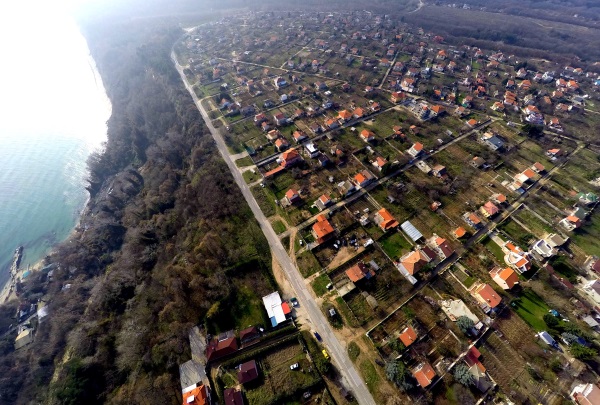
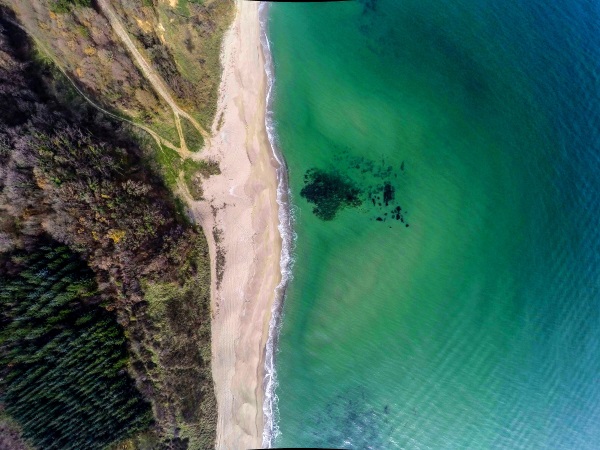
Indications of corruption have also raised their head, most notably in Bulgaria where, in May of 2014, it came to light that the contract for construction of the Bulgarian section had been awarded to Stroytransgaz, a company controlled by Gennady Timchenko though his Volga Group. Timchenko’s name had previously been included in a list of prominent businessmen with close ties to President Putin published in the wake of the annexation of Crimea by Russia.
